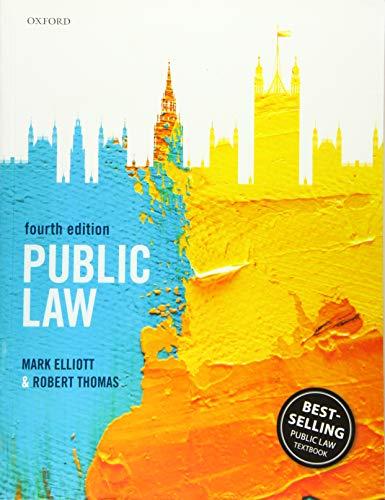Question
A: 1. How does the criminalization of domestic assault fit into overall societal trends toward testing crimes? 2. Are there logical, less intrusive alternatives to
A:
1. How does the criminalization of domestic assault fit into overall societal trends toward testing crimes?
2. Are there logical, less intrusive alternatives to arrest for many domestic violence situations?
3. How has the deterrence theory been applied to domestic violence interventions? How well do you think it has worked?
4. Should the characteristics of a victim or offender impact the police response to a domestic violence incident? Why or why not?
B:
1. To what extent are victims decisions to move forward with case prosecution based on valid criteria? How can prosecutors determine whether their decision is motivated instead by fear?
- Do most victims truly understand the future risks of staying with someone who has battered in the past?
3. Should prosecutors be able to prosecute cases without victim cooperation? If so, how? Should they force victims to testify and penalize those who refuse if the case merits aggressive prosecution? Can sufficient evidence be obtained to ensure victim cooperation is not needed?
4. Is it worth the financial cost to the agency, the victim, and the offender of prosecuting all cases of domestic violence? Can procedures be developed to handle growing caseloads without funding increases?
Step by Step Solution
There are 3 Steps involved in it
Step: 1

Get Instant Access to Expert-Tailored Solutions
See step-by-step solutions with expert insights and AI powered tools for academic success
Step: 2

Step: 3

Ace Your Homework with AI
Get the answers you need in no time with our AI-driven, step-by-step assistance
Get Started


